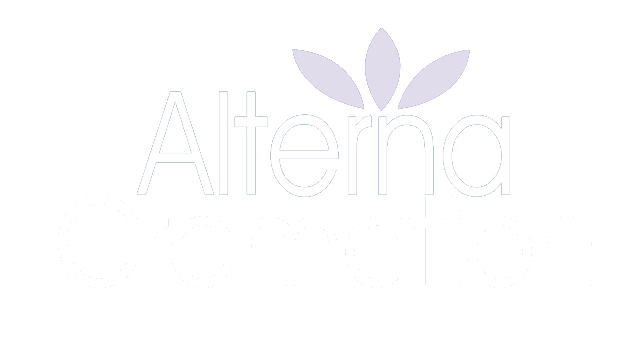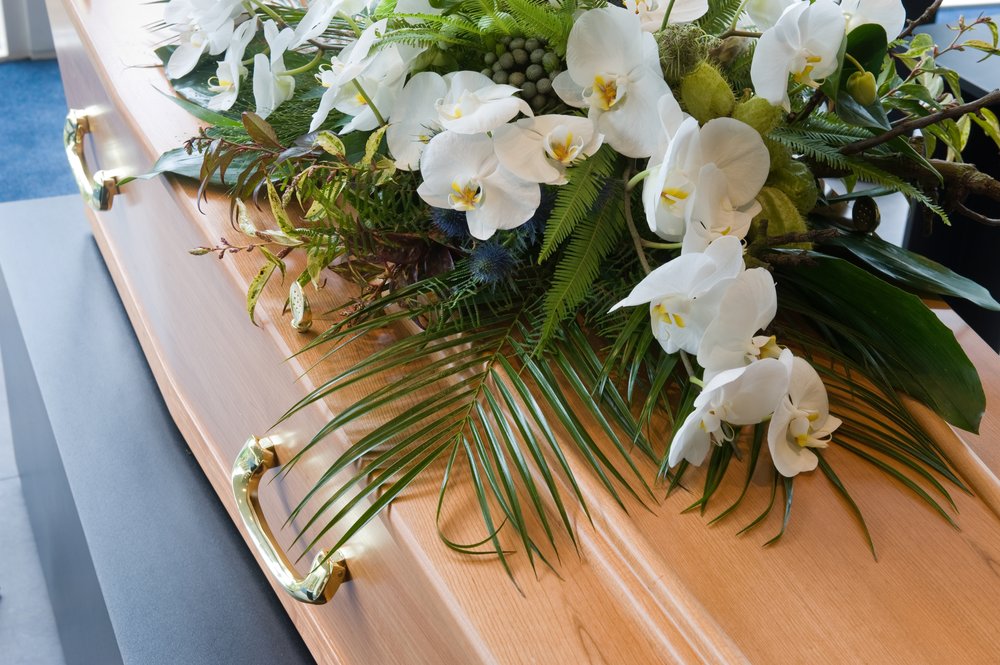6 Questions To Ask Yourself When Planning Your Memorial
Conversations about funeral preparations can be challenging - for this reason, many people delay making their arrangements until it’s too late. But planning your memorial can ease the pain of your family during a time of grief. When emotions are high, it can be difficult for your family to make decisions for you, especially financial ones. Planning your memorial alleviates this stress from your loved ones. Here are some questions you can ask yourself when planning your arrangements:
1. Is your will current? Ensure that your will reflects your up-to-date wishes. This includes naming beneficiaries for all your assets, choosing guardians for your children and/or pets, and addressing where funds should go. When planning your memorial, make sure that your estate is in order and represents your current intentions.
2. Where will it be located? The location of your memorial is a personal decision. Depending on your preferences, you may desire for your remains to be buried in a cemetery so that family members can stop by. Or, you may want your ashes scattered in a significant location. Storing your remains in an urn allows loved ones to keep your memory close to home.
3. What kind of service do you want? This answer will depend on your culture and religious beliefs - would you like your service to be held in a church, a funeral home, or a community hall? Additionally, consider what you want to be included in or omitted from your service, such as prayers or flowers. You may prefer a ceremony with religious readings, a viewing of the body, or a wake where loved ones can celebrate your life with a party.
4. Who are you creating it for? Consider your family members when preparing your memorial. You may like for your ashes to be scattered, but your relatives might prefer a physical monument that they can visit. These conversations can be uncomfortable, but they will help you create a suitable memorial. Think about what gestures can help your family during the grieving process; perhaps they would like a memorial forest to visit, or an urn with your ashes.
5. What is your budget? After determining all the other details concerning your memorial, you can create a budget that suits your needs. Consider that burial plots and gravestones will increase the cost substantially—a cremation is a less expensive option than burials. Caskets are another large expense that are not required for cremation. These are all prices to consider when planning your memorial. Set aside money for your funeral and the handling of your remains so that you can cover all the necessary fees.
6. What would you like done with your remains? There are many options available, including entombment, a standard burial, donating the body for research, or cremation. The most cost-effective way to handle your remains is to have them cremated. Alterna offers a Winnipeg cremating service, which gives the choice of scattering your remains or storing them in an urn. If you are considering this option, contact Alterna Cremation; we provide obituary writing, and memorial urns of various styles and sizes.






Comments